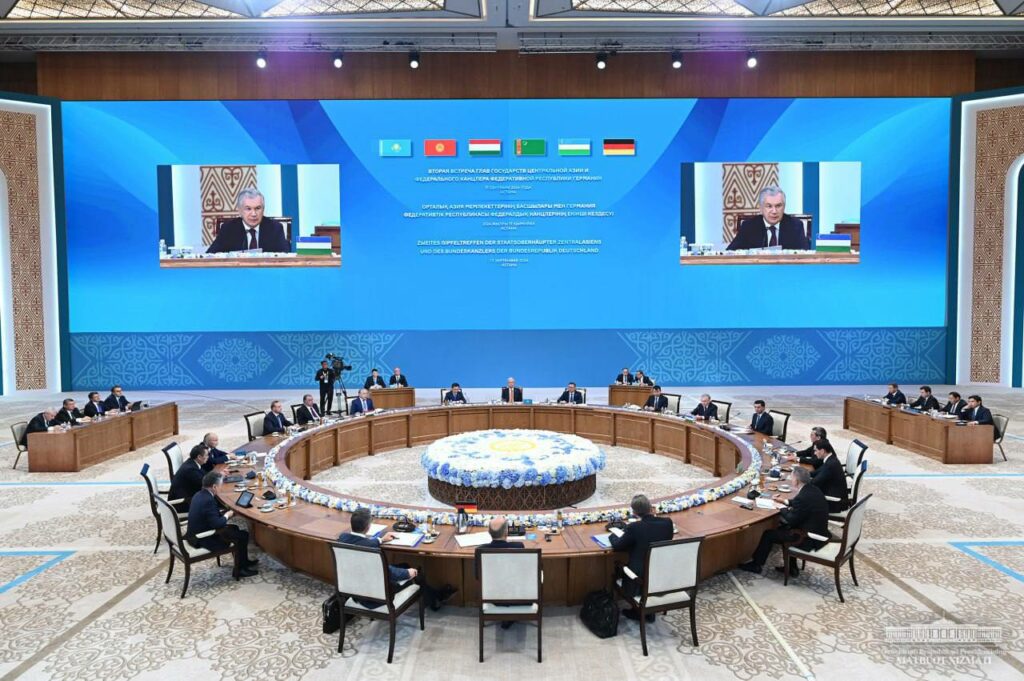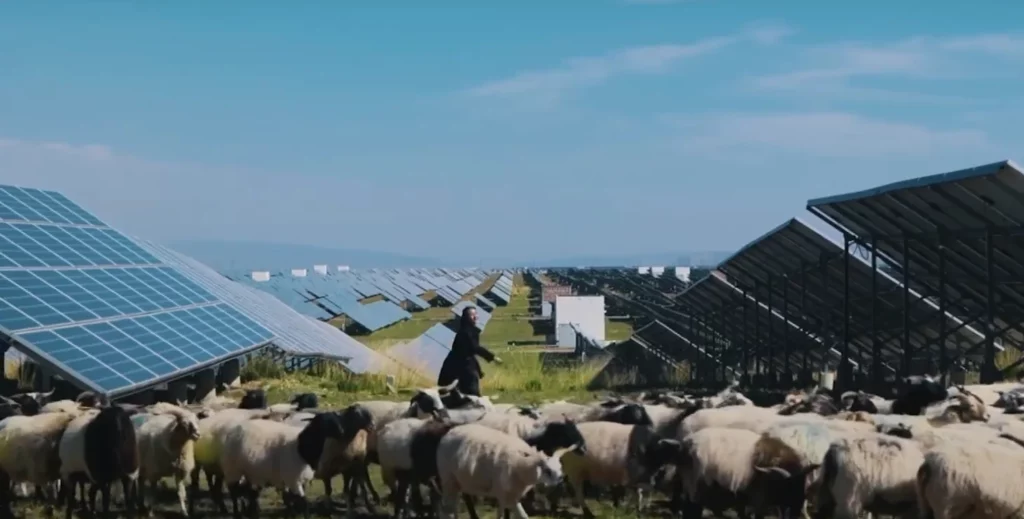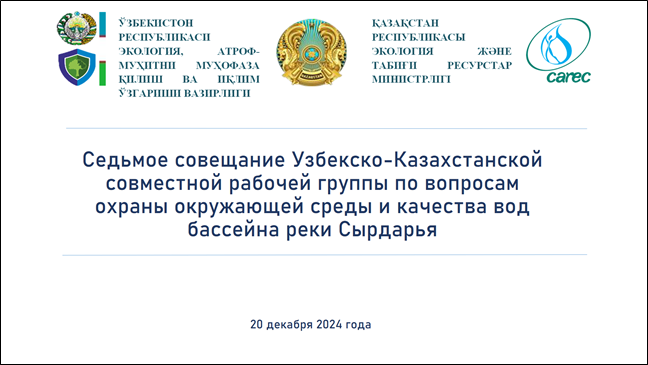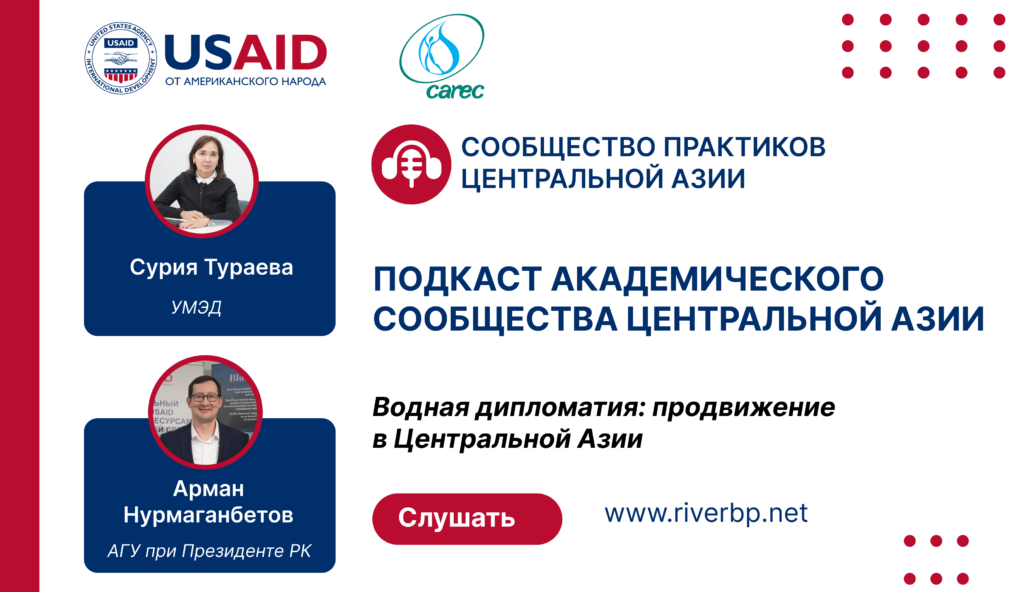The event, chaired by the President of the Republic of Kazakhstan Kassym-Jomart Tokayev, was also attended by the Federal Chancellor of Germany Olaf Scholz, President of the Kyrgyz Republic Sadyr Zhaparov, President of the Republic of Tajikistan Emomali Rahmon and President of Turkmenistan Serdar Berdimuhamedov.

The issues of further deepening multifaceted cooperation between the countries of Central Asia and Germany were discussed. Particular attention was paid to the development of partnerships in investment and technology, critical raw materials, green energy, transport and logistics, combating climate change, and implementing educational and cultural programs.
In his address, the President of Uzbekistan highly appreciated Germany’s firm and unwavering support for the ongoing democratic transformations and socio-economic reforms in Central Asian countries, as well as partnership and integration in the region.
“The first meeting in Berlin and today’s summit reaffirm shared intention to continue an open and constructive dialogue and our focus on achieving concrete, practical results”, Shavkat Mirziyoyev noted.
The Head of state particularly noted the long-standing historical ties with Germany and the vital role of the Federal Republic in ensuring the goals of sustainable development in Central Asia. It was emphasized that the profound changes in the region in recent years have contributed to the dynamic growth of mutually beneficial cooperation.
The President of Uzbekistan proposed several new initiatives and proposals to further develop comprehensive cooperation between Central Asia and Germany.
First, highly valuing the establishment of a strategic regional partnership between Central Asia and Germany, the Head of state proposed adopting a long-term concept for developing a partnership with program activities in priority areas.
To develop this document, it was proposed to consider the possibility of establishing the “Central Asia – Germany” Forum of Analytical Centers, and holding its first meeting next year in Khiva.
It was noted that the annual meetings of the heads of the foreign ministries of the countries play an important role in preparing the summits’ agendas.
The priority is the investment and technological partnership with the leading German companies.
In this regard, it was proposed to develop a roadmap for expanding investment and technological cooperation between the Central Asian countries and Germany, actively attracting leading German companies and banks to implement joint projects in the region, and launching the “Central Asia – Germany” Council of Investors and Entrepreneurs, as well as study the possibility of adopting a multilateral intergovernmental agreement on promoting and protecting investments.
Partnership in critical raw materials based on introducing advanced German knowledge and technologies was noted as a promising direction.
“Here, we are referring to the geological survey projects, intensive exploration, processing, and production of products with high added value, and arrangement of shipments to Germany and other EU countries”, the Head of state said.
Uzbekistan’s readiness to participate in the joint implementation of such projects in neighboring countries was noted.
In addition, interest was expressed in attracting technical assistance from German and European institutions to implement the Digital Mapping Program of Critical Minerals and Rare Earth Metals in the region. Establishing a reliable legal framework for such cooperation was also noted.
Cooperation in green energy is of particular importance.
“In recent years, all our countries have been actively developing solar, wind, and hydropower, modernizing thermal power plants and networks, and promoting green hydrogen projects”, the Leader of Uzbekistan noted.
The Head of state proposed considering the launch of an Energy Dialogue between Central Asian countries and Germany, involving energy ministries, companies, operators, scientific organizations, design institutes, and industry experts.
The interest in preparing a Comprehensive Capacity Building Program for specialists in the low-carbon economy with German technical assistance was expressed.
Of particular relevance is the joint response to climate change.
In this regard, it was proposed to expand joint educational programs and scientific exchanges at the Central Asian University of Environmental and Climate Change Studies and adopt cooperation programs for introducing German water management technologies, modernizing irrigation systems, conserving biodiversity, and training environmental specialists.
Support and willingness to actively implement the German Chancellor’s initiative to create a Central Asian Nature Partnership were expressed.
“The biggest barrier to deepening our partnership is the lack of transport connectivity, including land and air”, Shavkat Mirziyoyev said.
In this regard, he called on the German side to assist in engaging European institutions in developing alternative transportation corridors connecting Central Asia with Europe.
The Head of state proposed holding a joint Ministerial Conference in 2025 on improving the transit capacity of such routes.
Noting the need to develop cultural and humanitarian cooperation, the President of Uzbekistan spoke in favor of adopting the Joint Plan for Cultural Activities, considering the possibility of holding Central Asian Art and Film Days in major German cities and establishing interaction between museum funds.
In scientific and educational exchange, the importance of launching a platform for partnership among leading universities, developing programs aimed at expanding cooperation in dual education, and training German language teachers with the involvement of the Goethe Institute and other German organizations was noted.
The need to continue close cooperation with Germany in combating terrorism, extremism, and cybercrime, preventing radicalization of youth, was also noted.
The Leader of Uzbekistan noted that the security situation in Central Asia is inextricably linked to the processes taking place in Afghanistan.
“We believe it is important to prevent the aggravation of the humanitarian crisis in this country, which is left alone with its challenges”, Shavkat Mirziyoyev said.
In this regard, the readiness to cooperate with Germany and other European partners in implementing joint projects aimed at involving this country in regional economic cooperation and training personnel, including girls and women, in skills that are on-demand for a peaceful life in Afghanistan at the Educational Center located in the border town of Termez was noted.
The heads of state of Central Asia and the Chancellor of Germany also addressed the summit.
A Joint Statement was adopted following the event.
https://president.uz/en/lists/view/7554



